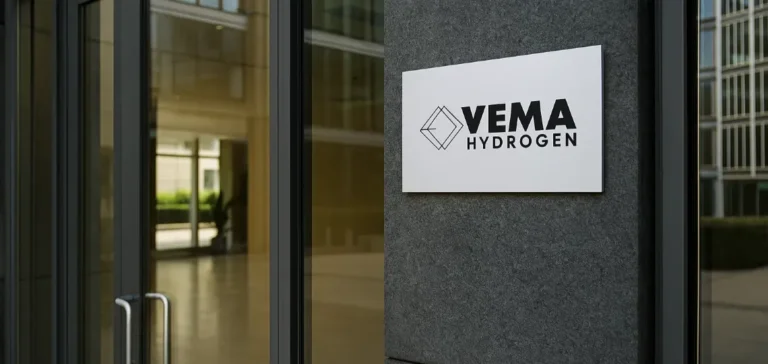Vema Hydrogen announced it has been selected as a qualified supplier by the First Public Hydrogen Authority (FPH2), a public entity in California dedicated to hydrogen procurement and planning. This designation enables the company to join the clean energy supplier network serving municipalities, transit agencies, and businesses across the state. The partnership paves the way for large-scale deployment of hydrogen produced via a patented mineral-based technology.
Vema Hydrogen’s recognition comes amid significant investment, with a combined $12.6bn in state and federal backing aimed at accelerating California’s energy transition. The company’s proprietary Engineered Mineral Hydrogen™ (EMH) technology relies on natural geochemical reactions to generate high-purity hydrogen from the subsurface. The objective is to meet the region’s rising energy needs with a commercially viable solution.
Mineral-based technology at the core of deployment
The EMH process developed by Vema Hydrogen leverages geoscientific interactions to produce hydrogen without relying on conventional industrial methods. According to the company, this approach reduces production costs while ensuring a low carbon footprint. Initial pilot drilling is planned along the U.S. West Coast before the end of the year. The company aims to meet gigawatt-scale production demand as operations expand.
“Through centralised planning, our model aims to simplify access to hydrogen for public and private actors across the state,” said R. Rex Parris, Chairman of the First Public Hydrogen Authority. “The qualified supplier process allows vetted producers like Vema Hydrogen to participate through a transparent model.”
Meeting energy demand from data centres
The rapid expansion of data centres and artificial intelligence applications is placing increased pressure on U.S. energy infrastructure. Vema Hydrogen claims its EMH-based solution could be a viable response to this new demand, particularly in high-density industrial regions. Chief Executive Officer Pierre Levin highlighted the company’s ability to deliver low-cost, low-carbon energy to FPH2 network members.






















